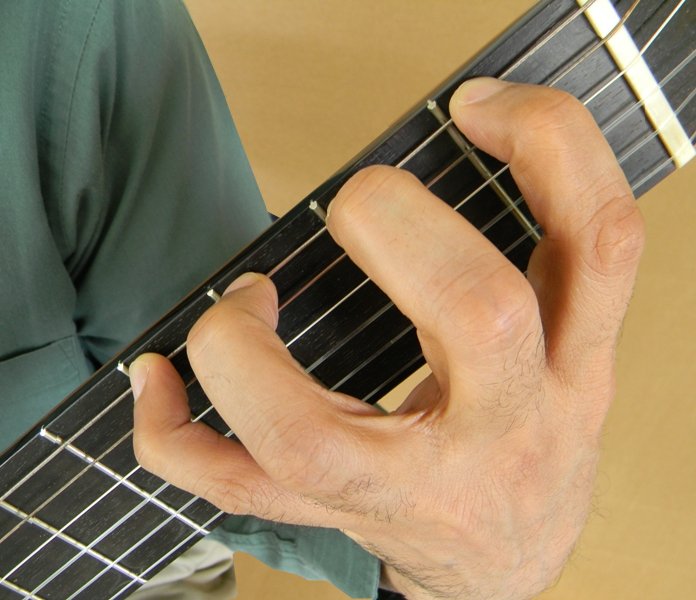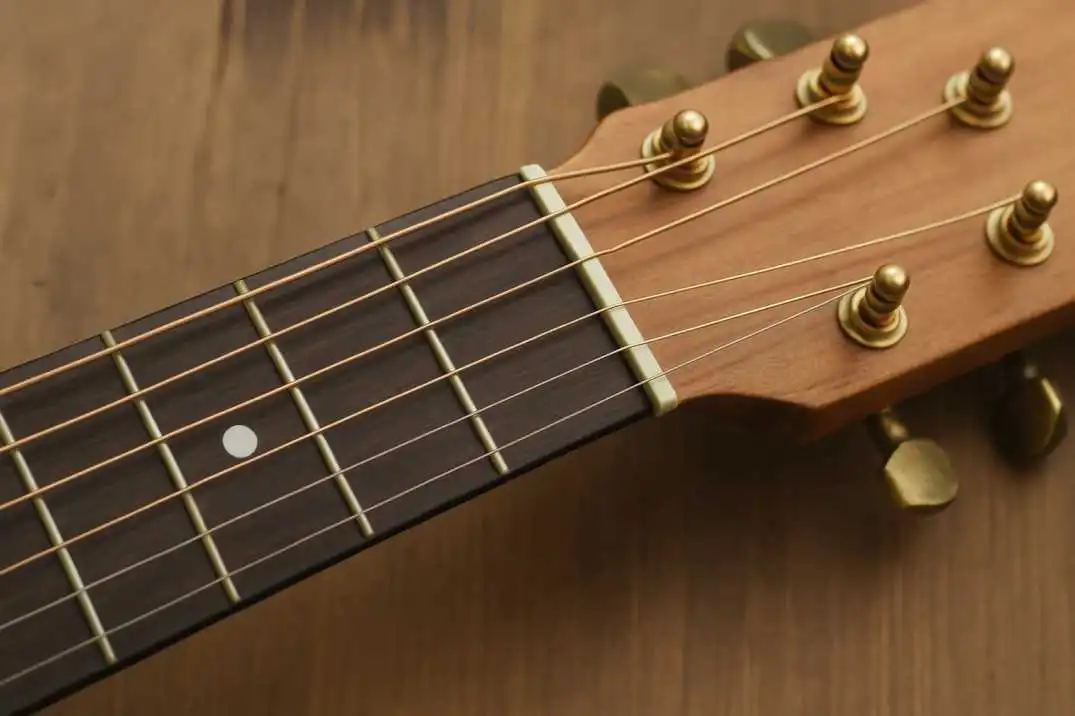Learning guitar is a piece of art that everyone can master on if guided with the correct knowledge and techniques. The guitar is not only about strings and chords, guitar scales for beginners are major steps to know about before you begin guitar lessons. Guitar scales are notes which are played in increasing or sinking orders. Knowing about the basics of guitar scales is your first step towards mastering the art of guitar scales. Sequenced notes of guitar scale help you build handgrip and fineness. Focusing just on types of guitar, its strings and chords won’t help, practicing guitar scales is important. It helps you understand notes in a better way, and organize your music and you can also make your songs given the knowledge of guitar scales. There are a variety of guitar scales for beginners as well as experts who on routine practice can help you make magical music out of it. It is a myth that practicing scales will divert you from actual music it will strengthen your route and will make you an expert from a beginner. Below are the types of guitar scales:
1- E Minor Pentatonic Scale
2- A Minor Pentatonic Scale
3- C major Scale
4- G Major Scale
5- E harmonic Minor
Starting to learn about guitar, its chords, scale, strings, and parts of it, requires not only time and efficiency but also cost. Considering the cost of a guitar does not imply ignoring the quality of lessons. Choose the cost of it wisely. If you opt for in-personal lessons, then it will be of higher cost as compared to online lessons. Once the cost is decided, you can begin your guitar scales lesson with full efficiency.
The Art of Playing Guitar Scales for Beginners
The art of playing guitar scales for beginners is easy if you follow the right path. First, know about the types of guitar scales and learn and understand them thoroughly. Once you know what you are stepping into, it becomes easy to make your way for the rest of the journey. To get started, check out the types of guitar scales below:
1- E Minor Pentatonic Scale
This guitar scale contains five notes. While other major and minor scales consist of eight notes. E minor pentatonic scale is a shortened scale with a definite pattern removing three notes out of eight. This shortened scale makes it easier for beginners to begin with and learn it quickly. In this scale, you do not require too much struggle between frets or need your fingers to stretch much.
The notes which are included in this scale are:
E-G-A-B-D-E
2- A Minor Pentatonic Scale
You learn across two notes group in the fifth position in the case of A minor pentatonic scale. This scale strengthens your fret-hand strength. The notes which are included in this scale are:
A-C-D-E-G-A
3- C Major Scale
C major scale helps you understand more about the key of C. It is considered to be the easiest scale to make your way toward music configuration. It doesn’t have any high or low notes. The notes which are included in this scale are:
C-D-E-F-G-A-B-C
4- G Major Scale
Similar to the C major scale, you understand and learn to use the key of G here in this scale. The notes which are included in this scale:
G-A-B-C-D-E-F#(Sharp)-G
The only difference between C and G scale is, G has one sharp note on it.
5- E Harmonic Minor
This scale is known to have been played on all E strings. This is widely used in Jazz, solos, or classical music. G and E scale notes are different in one way which is you are starting and ending this scale on a different note.
E-F#(Sharp)-G-A-B-C-D-E
What Are the Benefits of Playing a Pentatonic Scale Guitar
Learning Pentatonic scale guitar is the first step towards achieving excellence in the guitar scales. It consists of five notes which as a beginner in guitar scale you should master. Many guitarists tend to avoid learning scales as there are many different categories in them. However, to be an excellent beginner, learning scales is the best step to begin with. The pentatonic scale is not as difficult as it seems. This scale has only 5 notes as compared to other scales which have 8 notes. Also, many songs are being composed using a pentatonic scale guitar tab. Some of these songs are Honky tonk women, Amazing Grace, Sweet Home Alabama, and so on.
Exploring the World of Guitar Scale for Beginners
The world of guitar scale is so huge, there are multiple options to explore in it. You need to find the easiest yet best way to start learning scales. Like, break them down into intervals. By intervals, here it implies, the measured distance between two notes. Taking it slow will help you learn and understand it better. Here in the world of guitar scale, follow the below points to master it:
1- What intervals and how it is used for scale formation?
2- Easy scale formulas for different scales.
3- Using those formulas to play particular notes.
4- Explore minor and major scales which will improve your hand grip and fluency in playing notes.
Read Also: The Ultimate Guide To Choosing The Right Electric Guitar For Beginners
How to Play Guitar Scales for Beginners
To learn to play guitar scales, listen and pay attention to the notes. You can sing while you play those notes. It will make your concepts more clear. Do not mix up two or more scales at a time. Try focusing on one scale at one time. Like if you going with chord G, then stay on that chord and be mindful about it. Next, go with major scales and improvise it if you can as per your comfort. To try this, first, listen to songs in which major scales have been used. Once you are strong with the major scale, you can go for other scales similarly. As a beginner in guitar scale, start understanding how they are formed using intervals. Do not just remember scales on tips, instead practice it using your ears. This will help you improve a lot and make your changes to it.
There are advantages to learning and understanding guitar scales. You develop your sense of music through your ears. You understand music in a much better way as you now know about chords and scales. You become highly familiar with your guitar. Most of it, you become fond of music.
(By Nikita Jain)




